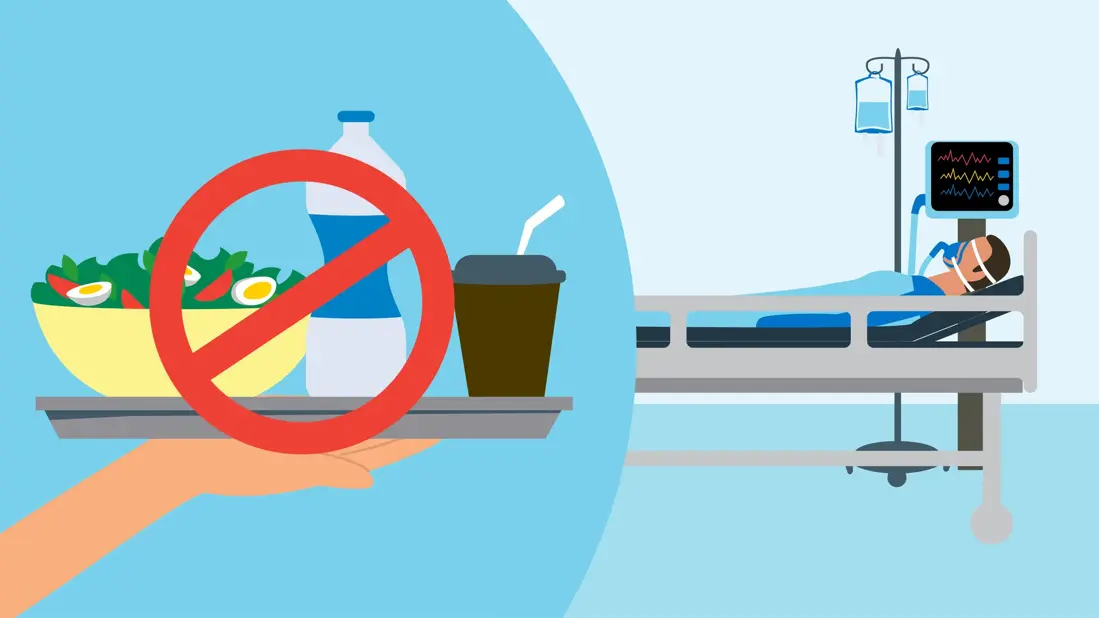The Science Behind Fasting: Why You Shouldn’t Eat Before Surgery
Related Articles
लड्डू होली के साथ रंगोत्सव का नया चरण: 24 फरवरी को मंदिरों से निकलकर ब्रज की गलियों में होली उत्सव
ब्रज में होली का उत्सव हर दिन और भी खास होता जा रहा है। वसंत पंचमी से शुरू हुआ यह पर्व अब 24 फरवरी...
गुजरात के पोरबंदर तट पर ईरानी नाव पकड़ी: 4 नागरिक गिरफ्तार, 5 करोड़ की विदेशी सिगरेट जब्त
भारतीय तटरक्षक बल (ICG) ने एक महत्वपूर्ण समुद्री अभियान में गुजरात के पोरबंदर के पास एक संदिग्ध विदेशी नाव को रोका। इस नाव में...
जम्मू-कश्मीर में सेना का बड़ा ऑपरेशन, किश्तवाड़ में जैश-ए-मोहम्मद का कमांडर ढेर
जम्मू-कश्मीर के किश्तवाड़ से रविवार को सुरक्षा बलों और आतंकियों के बीच एक दिलचस्प मुठभेड़ की जानकारी मिली है। इस ऑपरेशन के दौरान, सुरक्षा...


